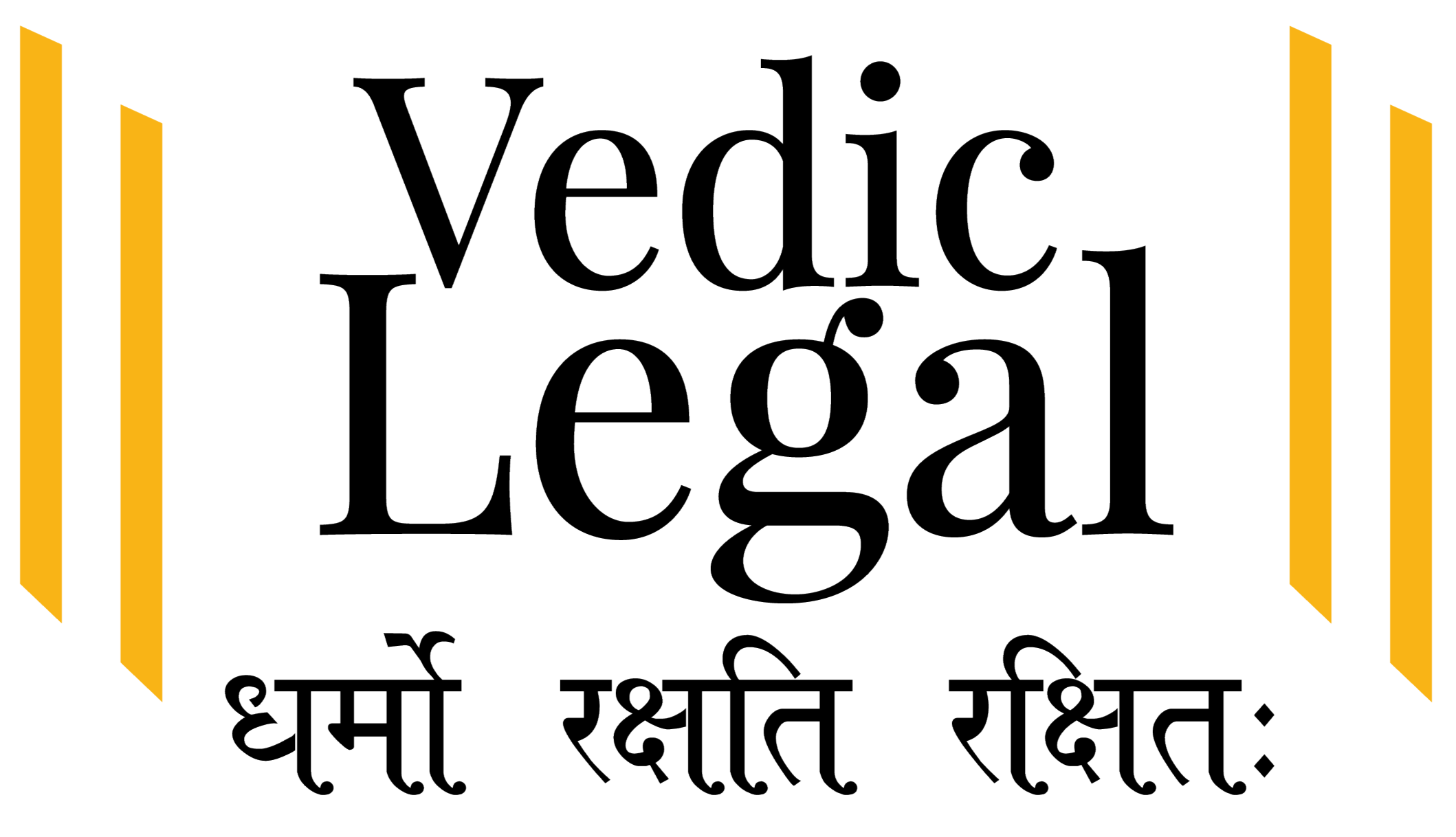The in-house counsel is responsible for making sure that the organization correctly navigates the complex legal landscape. The skills of in-house counsel are not just used to protect the interest of the company but to determine its strategy and functioning as well. Here are ten important lessons every in-house counsel should remember to improve his or her performance and meet regulatory standards.
Know the Regulatory Landscape
The regulatory landscape is always changing and, therefore, very critical for in-house counsel to be updated on relevant laws and regulations. These may include industry-specific regulations, data protection laws, as well as employment laws. Understanding the regulatory environment means you can help your organization avoid pitfalls and seize the opportunities for compliance.
Difference Between Upper and Lower House Laws
In-house counsel should have differences between the upper house of laws and the lower. The former is most, if not all, from statutes of legislative houses of a nation, whereas, in the case of lower, it is more like regulatory or guideline type of rule created for the locality or such. With this kind of knowledge, you are supposed to make better judgments while predicting legal challenges or reacting towards certain regulatory changes.
When do you Hire Outside Counsel
You may be ready for the vast majority of your legal matters, but it’s often necessary to refer them to outside counsel from time to time. You will have complex litigation; there may be specialized or unique legal matters; sometimes there’s a conflict of interest. Knowing when it is necessary to bring someone else’s expertise into an organization will help save time and money and maintain compliance with laws.
Create a Culture of Compliance
Promote a compliance culture. That means your employees have to know their legal duties not only but that there exists an ethical approach too valued. Employees have to empowered and feel at liberty on discussing compliance issues. The ways are regular training with maintaining smooth communication lines will greatly empowers the employee with keeping legal risks minimized at work.
Build Strong Ties With Key Stakeholders
In-house counsel needs to maintain a sound relationship with all the major stakeholders including the executive, managers, and other heads of the department. It is because the basis for this would help you respond better to their needs and concerns and provide them with advice on the legal front tailored to meet the strategic needs of the organization. In this manner, departments collaborate with each other and bring forth an integrated approach on the legal issues at hand.
Maintain Current Awareness of Industry Trends
In being the in-house counsel of the company, you will also know the trends and development happening in the industry where you are working for your company. This ranges from change in regulations, technology to changes in consumer’s way of life. All this enables you to come out proactive in giving your firm advice on legal issues so as to prepare it on coming threats.
Risk management is a part of the in-house recommend’s fundamental obligation. These include figuring out viable legal dangers, their capability effect, and techniques on a way to mitigate the ones dangers. Proactive assessment of felony dangers can ensure that your enterprise is well covered in opposition to pricey litigation and reputational damage.
Use of Technology for Efficiency
After everything is considered, embracing technology makes you more effective as an in-house counsel. All of these legal management tools, document automation tools, e-discovery platforms, amongst others, will help shave administrative burdens from your processes to allow for more quality time spent on strategic legal concerns as opposed to routine tasks.
Clearly Communicate and Effectively
Great communication is fundamental in your position as in-house counsel. You should be able to explain complicated legal ideas simply and non-technically, so they are understandable by non-legally trained staff. Access to current information on legal issues, risks, and compliance improves transparency and thus increases trust.
Be a lifelong learner
Legal landscapes are always in a process of change, and hence, the in-house counsel has to continuously update himself or herself. Updates are made through attending seminars, workshops, conferences, etc. This keeps him up to date on the developing legal sphere, best practices, and new trends for relevance in his organization.
The Wider Criminal Law Context
While the focus here will be on in-house counsel, it is also important to consider the wider implications of legal practices, specifically criminal law. Criminal law affects thousands of people and communities, so legal practitioners need to stay abreast of recent developments in criminal law. By understanding landmark criminal law cases-the right to remain silent, self-defense, entrapment, and more-lawyers can make seminars about legal matters more productive while holding discussions. Thus, an attorney can learn how well he or she should do when dealing with criminal liability issues.
In doing so, these landmark criminal law cases may also help the in-house counsel understand the approaches between prosecutors and defense lawyers. That said, this knowledge would have much value in helping his clients and making an intelligent decision on potential criminal liabilities.
Whether it’s miles an in-house legal exercise complexity or seminar on critical crook regulation cases, there may be always a want to be absolutely privy to the felony panorama. These ten insights will assist you be successful as in-house recommend but also will make contributions to a greater stable legal framework to your business enterprise and in society as an entire. By fostering a tradition of compliance, prioritizing risk control, and embracing continuous learning, you set up your self as a trusted advisor and advocate to your corporation’s criminal pastimes.






